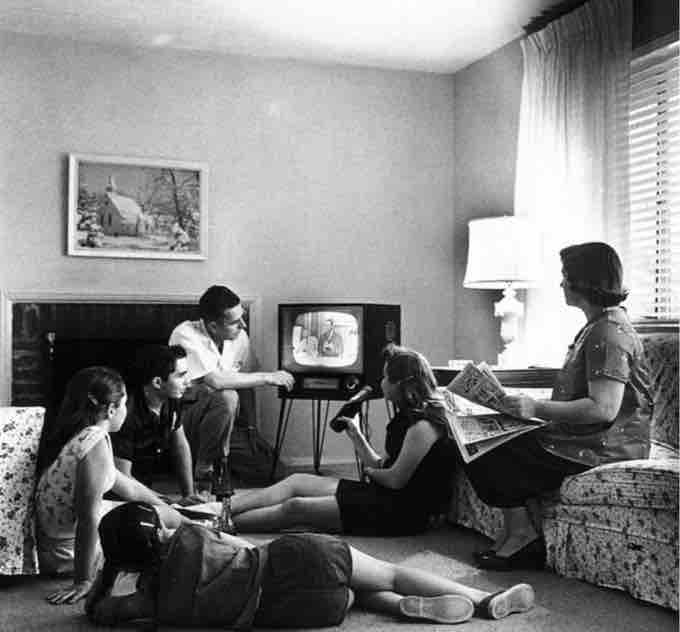Lifestyle can be broadly defined as the way a person lives. In sociology, a lifestyle typically reflects an individual's attitudes, values, or world view. A lifestyle is a means of forging a sense of self and to create cultural symbols that resonate with personal identity.

Television and Obesity
Increases in sedentary behaviors such as watching television are characteristic of a sedentary lifestyle.
Not all aspects of a lifestyle are voluntary. However, in consumer marketing, lifestyle is considered a psychological variable known to influence the buyer decision process of consumers.
Lifestyle is also referred to as a buyer characteristic in the Black Box Model, which shows the interaction of stimuli, consumer characteristics, decision process, and consumer responses. The Black Box Model is related to the Black Box Theory of Behaviorism, where the focus is set not on the processes inside a consumer, but the relation between the stimuli and the response of the consumer.
In this theory, the marketing stimuli (product, price, place and promotion) are planned and processed by companies, whereas the environmental stimuli are based on the economical, political, and cultural circumstances of a society. The buyer's "black box" contains the buyer characteristics (e.g., attitudes, motivation, perception, lifestyle, personality, and knowledge) and the decision process (e.g., problem recognition, information research, alternative evaluation, purchase decision, and post-purchase behavior) which determine the buyer's response (e.g., product choice, brand choice, dealer choice, purchase timing, and purchase amount).
The Black Box Model considers the buyer's response as a result of a conscious, rational decision process, in which it is assumed that the buyer has recognized the problem. However, in reality, many decisions are not made in awareness of a determined problem by the consumer.